In modern agriculture, the demand for cultivating tools that not only provide efficient land preparation but also save valuable time and energy has increased significantly. As a result, rotary cultivator tools have emerged as a favored tool among farmers worldwide. This article examines the immense benefits of rotary cultivator tools and how they contribute to enhancing agricultural productivity. Enhanced Efficiency: Rotary cultivator tools, also known as rotary tillers, enable farmers to prepare the land by loosening and aerating the soil effectively. The rotating blades of these tools facilitate the breakup of compacted soil, leading to improved soil texture and enhanced water penetration. Moreover, the versatile design of rotary cultivators enables them to work in various soil types, including light, medium, and heavy soils.
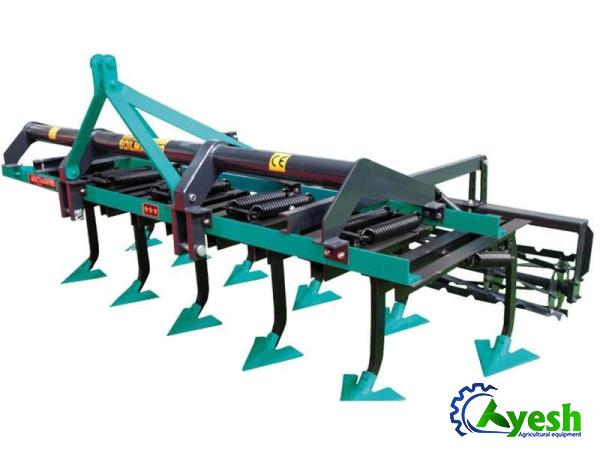
.
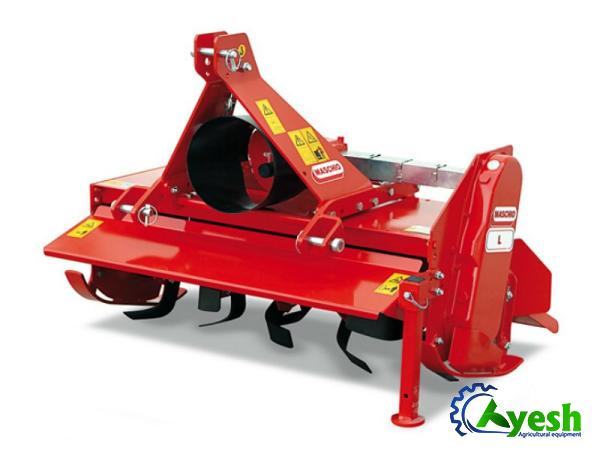 Time and Energy Saving: Unlike traditional manual tools, which require considerable effort and time to prepare the land, rotary cultivator tools expedite the process significantly. Equipped with powerful engines, these tools can cover large areas in a short span of time, reducing manual labor and allowing farmers to allocate their time and energy to other essential farming activities. Versatility in Applications: Rotary cultivator tools aren’t just limited to land preparation; they can also be used for a variety of farming operations. Whether it’s seedbed preparation, weed control, incorporation of fertilizers or organic matter, or even inter-row cultivation, rotary cultivators offer multi-utilitarian benefits. Farmers can adjust the depth, width, and speed of the blades to suit different cropping needs, making it a versatile tool for multiple agricultural operations.
Time and Energy Saving: Unlike traditional manual tools, which require considerable effort and time to prepare the land, rotary cultivator tools expedite the process significantly. Equipped with powerful engines, these tools can cover large areas in a short span of time, reducing manual labor and allowing farmers to allocate their time and energy to other essential farming activities. Versatility in Applications: Rotary cultivator tools aren’t just limited to land preparation; they can also be used for a variety of farming operations. Whether it’s seedbed preparation, weed control, incorporation of fertilizers or organic matter, or even inter-row cultivation, rotary cultivators offer multi-utilitarian benefits. Farmers can adjust the depth, width, and speed of the blades to suit different cropping needs, making it a versatile tool for multiple agricultural operations.
..
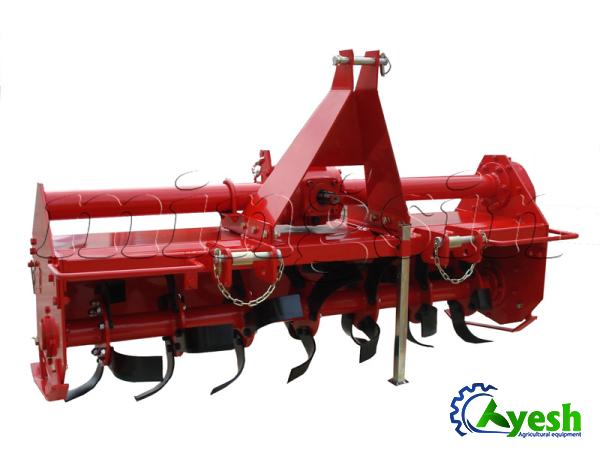 Cost-Effective Investment: While the initial cost of purchasing a rotary cultivator tool may seem substantial, it proves to be a cost-effective investment in the long run. The efficiency and time-saving nature of these tools result in increased productivity, reduced dependency on manual labor, decreased operational costs, and ultimately, higher profits. Additionally, rotary cultivators require minimal maintenance, further adding to their cost-effectiveness. Environmental Considerations: In recent times, there has been an increasing emphasis on sustainable agricultural practices. Rotary cultivator tools align perfectly with this trend by ensuring reduced environmental impact. By effectively breaking up compacted soil, these tools promote better water infiltration and absorption, mitigating soil erosion.
Cost-Effective Investment: While the initial cost of purchasing a rotary cultivator tool may seem substantial, it proves to be a cost-effective investment in the long run. The efficiency and time-saving nature of these tools result in increased productivity, reduced dependency on manual labor, decreased operational costs, and ultimately, higher profits. Additionally, rotary cultivators require minimal maintenance, further adding to their cost-effectiveness. Environmental Considerations: In recent times, there has been an increasing emphasis on sustainable agricultural practices. Rotary cultivator tools align perfectly with this trend by ensuring reduced environmental impact. By effectively breaking up compacted soil, these tools promote better water infiltration and absorption, mitigating soil erosion.
…
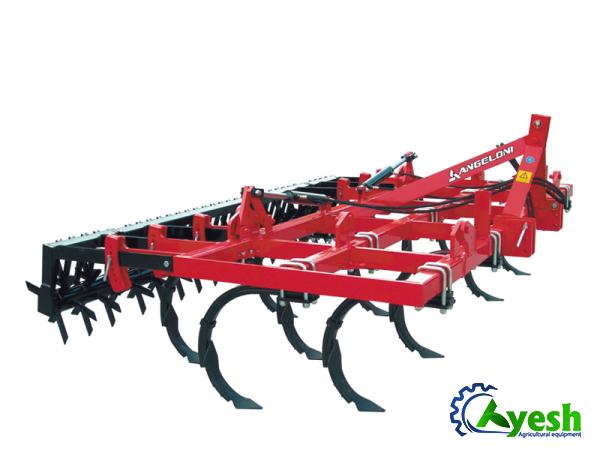 In addition, the ability to incorporate organic matter and mulch helps improve soil fertility and reduces the need for chemical fertilizers, thereby minimizing the ecological footprint. Conclusion: The use of rotary cultivator tools has proven to be a game-changer in modern agriculture. By offering enhanced efficiency, time savings, versatility, cost-effectiveness, and environmental benefits, these tools have become indispensable for farmers. As the demand for improved productivity and sustainable practices continues to grow, the rotary cultivator tool remains a crucial asset in achieving these goals. Agricultural productivity, farmers’ profitability, and sustainable practices can all be significantly enhanced with the integration of rotary cultivator tools in farming operations.
In addition, the ability to incorporate organic matter and mulch helps improve soil fertility and reduces the need for chemical fertilizers, thereby minimizing the ecological footprint. Conclusion: The use of rotary cultivator tools has proven to be a game-changer in modern agriculture. By offering enhanced efficiency, time savings, versatility, cost-effectiveness, and environmental benefits, these tools have become indispensable for farmers. As the demand for improved productivity and sustainable practices continues to grow, the rotary cultivator tool remains a crucial asset in achieving these goals. Agricultural productivity, farmers’ profitability, and sustainable practices can all be significantly enhanced with the integration of rotary cultivator tools in farming operations.
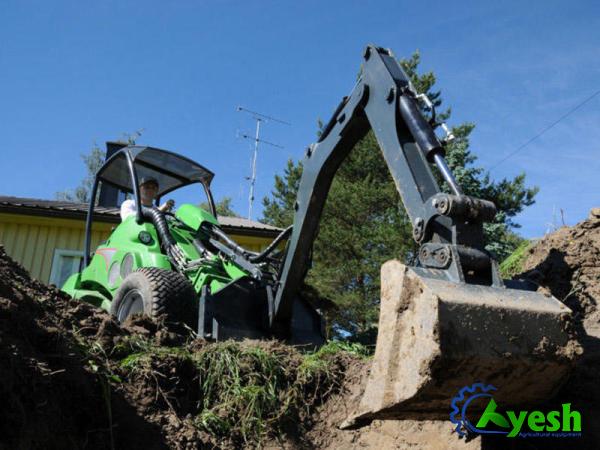



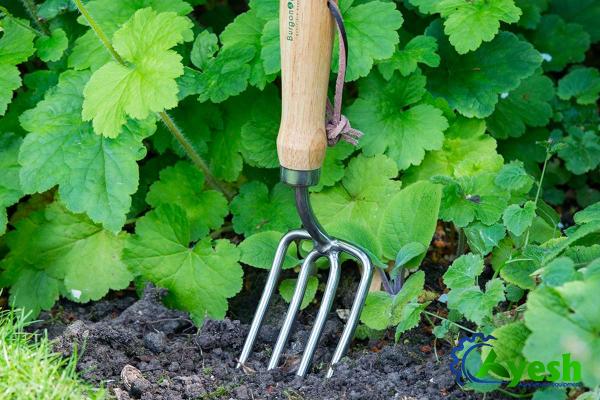

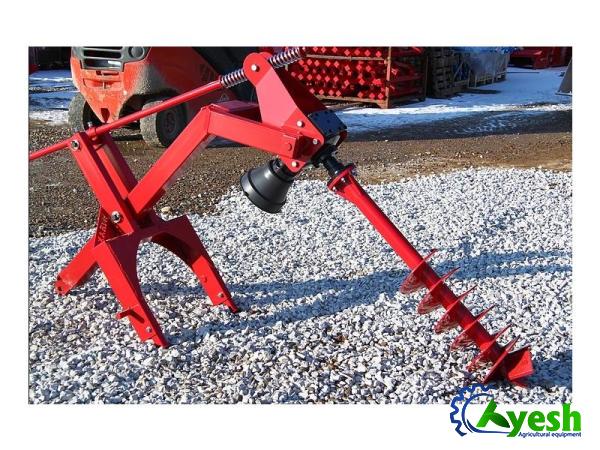
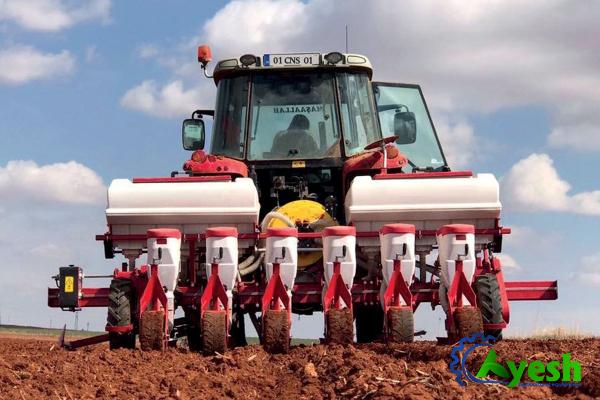


Your comment submitted.